Fish kill on Webber Pond appears to be tied to parasite
by Roland D. Hallee
VASSALBORO, ME — Over the past couple of weeks there has been a noticeable fish kill on Webber Pond, in Vassalboro. On the east shore of the cove, dozens of dead largemouth bass have been washing ashore. The question that has been asked is why only largemouth bass have been affected.
Fish kills have occurred before on Webber Pond, and also on China Lake, but it usually affects all species of fish, and not one in particular.
Jason Seiders, resource supervisor for the Maine Department of Inland Fisheries and Wildlife provided some information on the subject. There has been ongoing work relating to the fish kill. The occurrence appears to be pond-wide, and not just the east shore.
Seiders says, “our staff has visited the pond multiple times to collect water quality information and to collect specimens for our fish pathologist. The ultimate cause of fish mortality appears to be high levels of parasitization by a protozoan called Chilodonella.” (Chilodonella uncinata is a single-celled organism that affects the gills and skin of fresh water fish, and may act as a facultative parasite of mosquito larva). “Chilodonella is found throughout Maine and is usually relatively benign to fishes,” Seiders adds, “unless the fish have undergone elevated levels of stress. Stress acts as an immunosuppressor to fish, and the causes of stress include a wide variety of issues.”
Seiders went on to say that since this event seems to involve almost exclusively adult largemouth bass, it is unlikely to be anything related to a discharge or point source of pollution. Those types of events would typically kill indiscriminately, not just one life stage of one species. Some likely causes of stress to adult largemouth bass in Webber Pond include: high fish numbers, rapid changes in water temperature or dissolved oxygen levels, and spawn and pre-spawn stress. The actual cause of the initial stress may never be known.
“I realize that an event such as this is disturbing. Fish kills like this are not uncommon for central Maine waters; this one is quite similar to one experienced in the Cobbosseecontee drainage a few years ago,” he explained.
For more information on fish kills, read the blog article written by the IF&W fish pathologist back in 2020, at https://www.maine.gov/ifw/blogs/mdifw-blog/when-be-concerned-about-finding-dead-fish-maines-lakes-ponds-and-rivers-summer.
According to Seiders, Webber Pond is a very productive warm water fishery, one that has often been called a “bass factory”. Webber Pond provides outstanding habitat for warm water fishes such as largemouth bass, which will likely speed along any recovery to the population.
While numerous bass have perished during this event at Webber, this will not cause the entire population to be wiped out. Animals that feed on the bass will be unharmed because the identified protozoan is harmless to wildlife. The IF&W staff will continue to monitor Webber Pond to assess potential impacts to the bass population in the short and long term.
If you have any additional questions or concerns, contact Seiders directly and he’ll help as best he can. He can be contacted at Dwayne.J.Seiders@maine.gov.
Responsible journalism is hard work!
It is also expensive!
If you enjoy reading The Town Line and the good news we bring you each week, would you consider a donation to help us continue the work we’re doing?
The Town Line is a 501(c)(3) nonprofit private foundation, and all donations are tax deductible under the Internal Revenue Service code.
To help, please visit our online donation page or mail a check payable to The Town Line, PO Box 89, South China, ME 04358. Your contribution is appreciated!


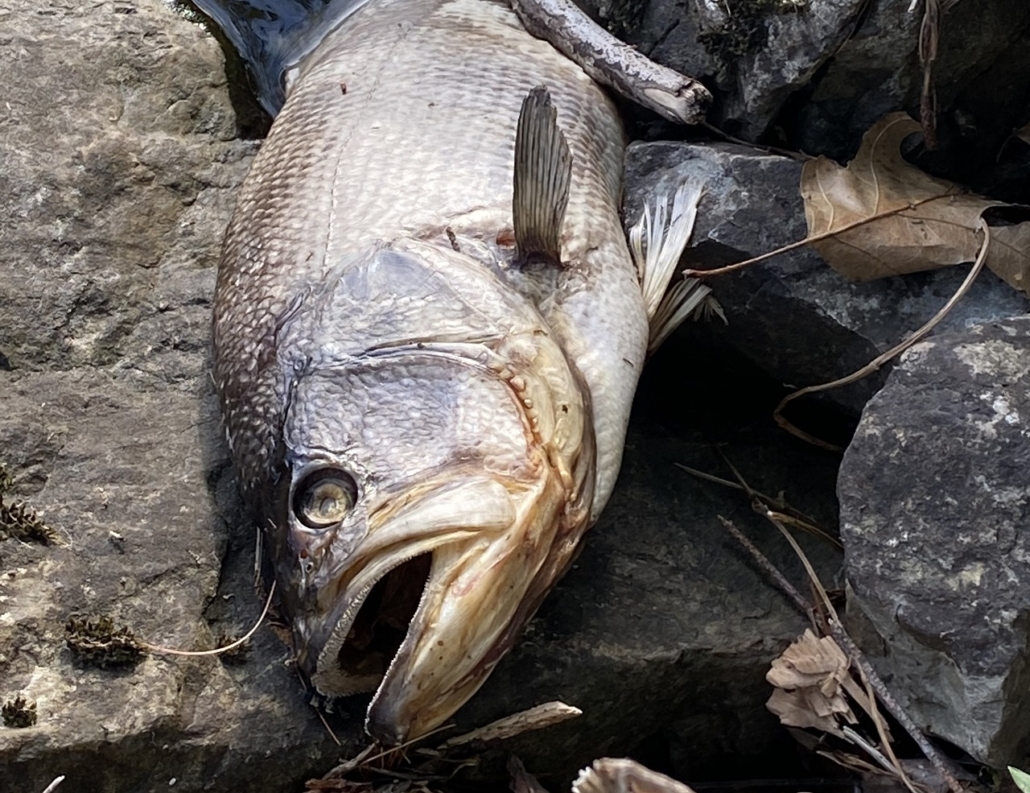
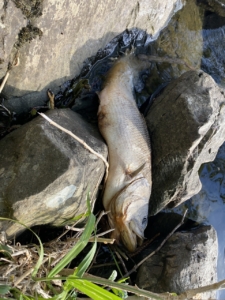
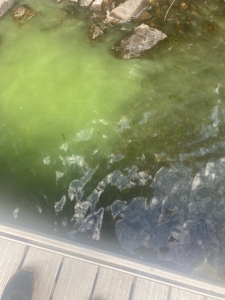
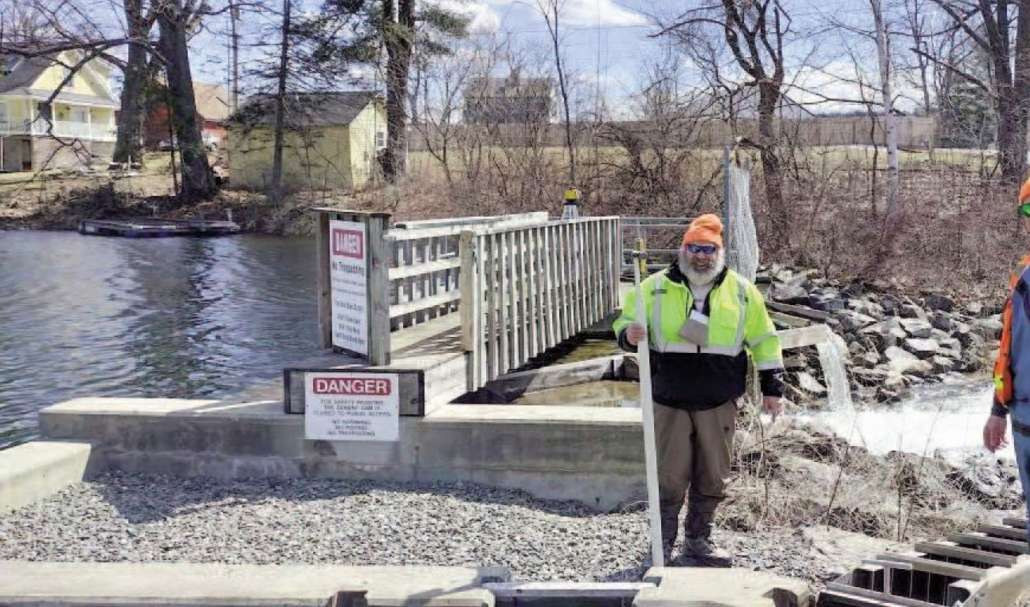
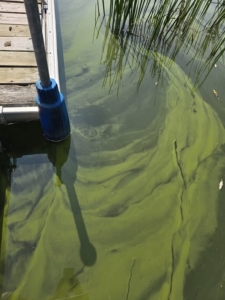
One would think that the chemicals they use on the golf course greens would have some kind of effect on the water. But never hear anything about it. Just my opinion.
Did you read the article? It’s a parasite you moron, not chemicals from a golf course
How very rude of you to call people names. Learn some respect for others.